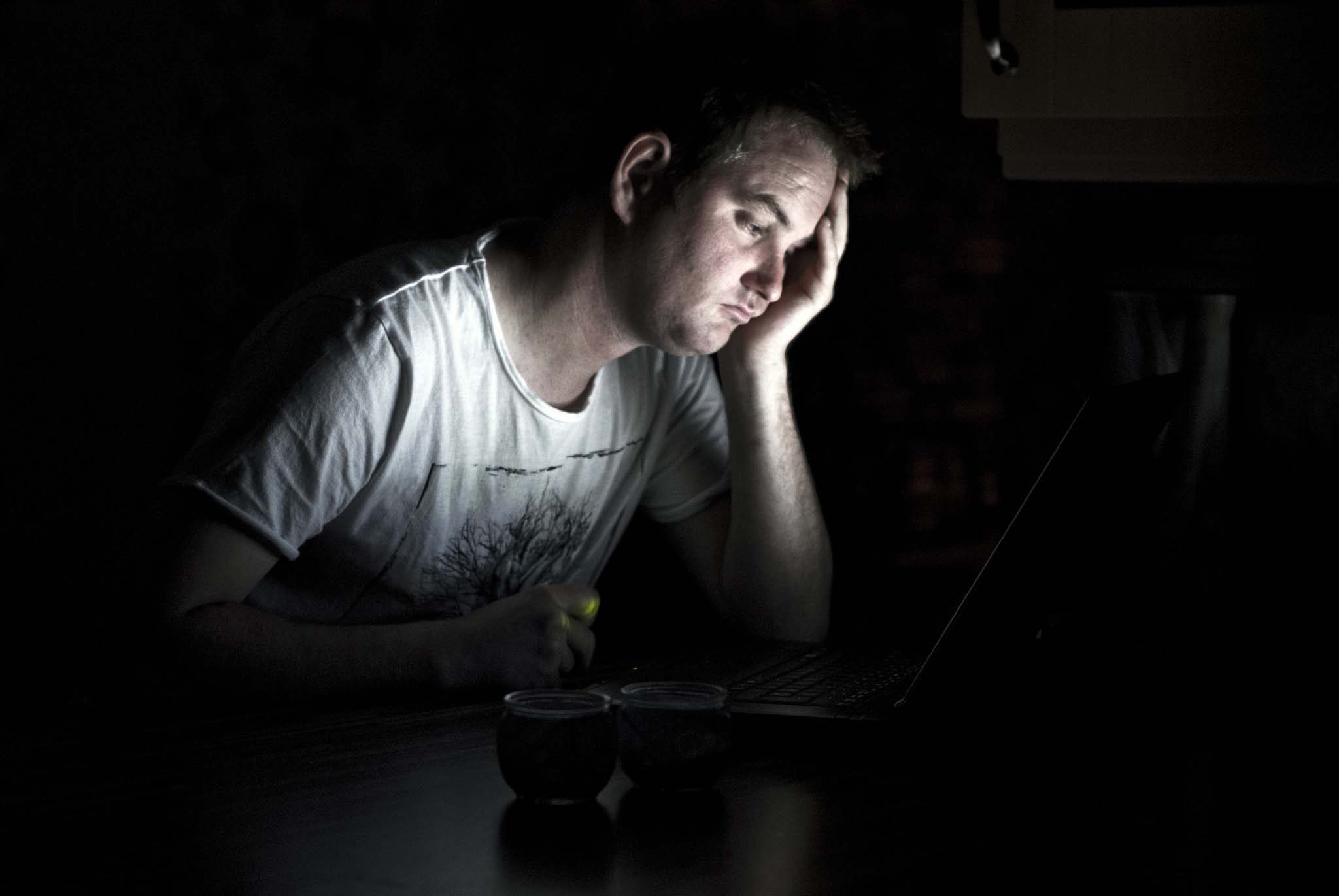
As part of an ongoing program to raise awareness of and reduce the stigma around mental illness in Qatar, a local medical expert has urged those suffering from addictions to seek help.
Early recognition of addictive behavior, along with professional support to help change the behavior and tackle the addiction, is the key to recovery, according to Dr. Majid Al-Abdulla, Consultant Psychiatrist and Deputy Chairman of the Psychiatry Department at Hamad Medical Corp (HMC).
Mental health is still very much a taboo subject in Qatar, with families and those suffering mental illness reluctant to admit to problems from fear of being socially ostracized.
However, an estimated one in five people in the country are said to experience a mental illness at any one time, pushing the issue up the national agenda.
In December 2013, the National Mental Health Strategy was established, with a five-year plan introduced to improve service provision, incorporating public and private healthcare providers.
What is addiction?

According to Al-Abdulla, addiction goes beyond abusing substances such as alcohol and drugs, which is believed to affect up to 5 percent of Qatar’s population.
The behavior is defined as a condition whereby an individual uses or takes something to the degree that it is out of control and becomes negative and potentially harmful.
Gambling, shopping, playing computer games, smoking and even working can all result in addictions, which give the user a “high,” but then can take over and have a detrimental affect on a person’s life. In a statement, Al-Abdulla said:
“They then crave this feeling and it becomes a compulsion to use it more and more until they can’t stop, despite any negative consequences. It becomes easier to carry on feeding their addiction than to challenge it.”
Social stigma
One of the barriers that keep addicts from seeking is shame, particularly in conservative cultures such as Qatar’s.
Al-Abdulla says that many addicts and their families don’t understand that they are suffering from a treatable mental illness, but instead believe the issue is due to a flaw in their character.
He added:
“(It) is very harmful to how people affected begin to view themselves. This goes on to impact treatment and recovery.”
Those growing up in a family of addicts are more likely themselves to become addicts, though addiction can also be triggered by difficult life events such as unemployment or divorce, as an individual seeks to escape from their situation.
However, he pointed out that these events are only triggers, and do not usually cause the addiction in the first place.
Al-Abdulla urged people to be more understanding of those battling with addictions, adding that “any person, in a negative or positive place in their life, can develop addictive behaviors. Everyone should be aware of this so that they can be conscious of their own behaviors and be less judgmental of others.”
He continued:
“People overcome their addictions every day, but in order to start the road to recovery they usually have to go through a process of understanding and accepting that they are ill and not flawed. In turn, they recognize that they need and deserve help,” Al-Abdulla continues.
Treatment centers
In addition to the HMC’s pyschiatric department, which provides help for addicts, Qatar’ Supreme Council of Health last year established the Treatment and Rehabilitation Center (TRC).
The center began providing treatment to male nationals last year and started with just 28 patients in temporary accommodation before expanding to new premises with 125 beds.
There are also plans to widen its services to cater to female Qataris and expats based on demand, the center’s CEO said earlier this year. By the end of this year new, purpose-built facilities should be complete, which will provide care for 250 patients at a time.

Currently being built by public works authority Ashghal, the expanded treatment center in Mesaimeer will also include a social club, five villas, a rehabilitation building, separate buildings for men and women (and a building dedicated to teenagers), as well as a mosque, grassy areas and swimming pools.
Dr. Mounir Soussi, Medical Director of the TRC, said the aim of the center was to provide a full range of facilities for addicts.
He added: “Comprehensive treatment means not only curing your patient, but also preventing relapse, and making your patient more resistant to future lapses. It is a package of medical, social and psychological treatment, including follow-up.”
In addition to on-site support, the center also runs educational programs in schools for children, to help them better understand addiction and break down the social stigma.
The SCH admits that accurate statistics relating to addiction in Qatar are hard to come by. In a bid to better understand the extent of the issue here and to tackle it in a culturally appropriate manner, the TRC has focused on sourcing staff from the Arab and Muslim world, including Arab expats who have worked in respected treatment facilities in Western countries.
And programs are being developed in collaboration with international partners, as well as by studying services in other GCC countries, where communities are most likely to face cultural issues similar to those in Qatar, the SCH has said.
Addicts who want to seek help are recommended to discuss their condition with their doctor, who can give a referral to a mental health specialist.
Thoughts?







